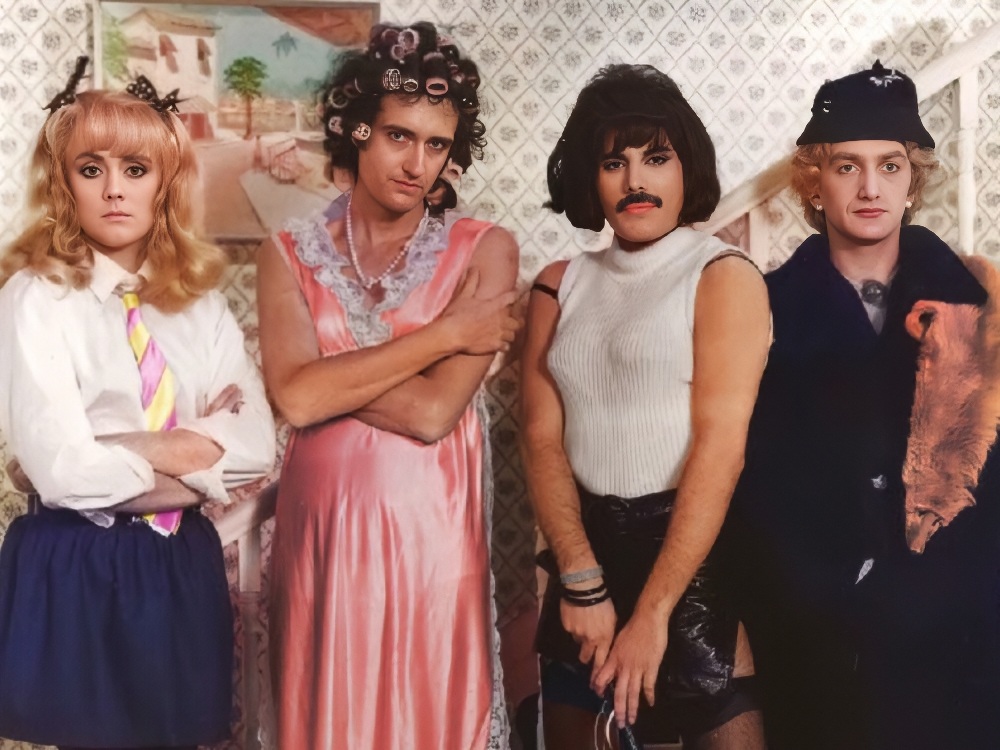The Rainbow Tick will celebrate its tenth birthday next month, but for many it’s not a milestone worth celebrating. Express talks to former staff members and the programme’s founder, to find out what’s gone wrong.
Launched with much fanfare at Auckland Pride in 2013, Rainbow Tick will celebrate 10 years of operating in February. Supported at the time by Rainbow community groups up and down the country, the programme sought to improve the working lives of LGBTQ+ Kiwis across New Zealand.
A decade on, has the programme actually worked and what’s next?
express sought to speak to Rainbow Tick’s Acting Programme Director but were unable to obtain a comment.
One person who was willing to speak on the record was express contributor Michael Stevens, the architect and founding Director of the RT programme.
“Rainbow Tick’s origin lies in ADHB funded research I carried out in 2012 about the wellbeing and mental health needs of our Rainbow communities. The RT workplace programme was designed as what I like to call a ‘stealth mental health’ programme.”
“What I mean is that nearly everyone has to go to work, so if we can get workplaces to signal that we are welcome to be ourselves, that we don’t have to hide who we really are, and that our fellow employees understand us, there is an overall gain in community wellbeing. It was never intended to be an HR compliance tick-box thing, which I fear is what has happened,” he tells us.
“The biggest problem I think RT has, and others have said the same thing, is that it is not based in a queer organisation. When we started, Affinity, (now Kahui tu Kaha, essentially Rainbow Tick’s parent company) was a good base, but I always had the understanding that one day it would become an independent organisation, or be based in another queer organisation. It’s disappointing that hasn’t happened, this is probably a cause of some of the issues. The Australian equivalent, Pride in Diversity, was set up for the same reason as Rainbow Tick, but is based in ACON, a queer health organisation. The sooner RT can move away from what is essentially a place of straight colonisation to one of queer independence the better.”
express understands that the RT has also lost some key clients recently, such as BNZ and PWC. Both organisations that publicly commit to ‘Diversity, Equity, and Inclusion’ within their organisations, so it’s surprising that they don’t see value in the RT anymore. We understand that PWC has opted to go with the Pride Pledge instead.
As one former RT employee observed, “If RT was doing its job properly, there would be no need for the Pride Pledge?”
Rainbow Tick has stopped publishing public reports, so measuring its impact is impossible.
“To create those early reports we collected data from member organisations to see how employees felt about their workplace and the effect of Rainbow Tick within them, had all this analysed and compiled by external experts,” Michael Stevens tells us.
One charity that supports queer students, told express they had never had a response from RT after repeatedly asking if they would help connect them to companies that might be interested in helping support their young people.
When RT began, showing external support for rainbow community endeavours used to be a condition of getting the Rainbow Tick certification; this no longer appears to be the case.
The perceived decline in output could be put down to the high staff turnover in the last year, with some of the most experienced staff members no longer at the organisation.
express understands that staff members were required to sign non-disclosure orders as part of their leaving package, so we were unable to get ‘on the record’ comments, about why so many experienced people have gone.
However, some suggested RT had had a ‘change of direction’, others pointed to ‘anti-trans sentiments’ coming from within the organisation.
One ex-staff member told they felt that RT had simply become ‘money-making box-ticking’, telling us when they were asked to grade organisations’ progress, they were dissuaded from giving companies low-scores, even when the said-organisation had made no attempt to address issues that had made Rainbow staff members uncomfortable.
Michael Stevens says regular reporting should be core to the organisation’s purpose, as it was when the programme was originally launched.
“We could see a general upward trend in how people felt they could be themselves in their workplaces, and that’s great. The absence of any publicly available data over the last few years is concerning though. An organisation like this which claims to be working in our communities’ best interests, needs to be transparent about how it is doing, to maintain its legitimacy.”
“Having queer staff focus groups was an essential tool in the original design, if you don’t hear the voices and experiences of LGBTQ+ people who are actually working in the organisation, you are missing a vital part of the picture. I understand this is no longer standard practice as it was in the original days. Perhaps it is a lack of social science expertise in the current staff, that they don’t understand the reason these were so vital, I don’t know why else such a key element would be diminished.”
Michael Stevens says he’s hopeful the organisation can turn things around.
“I just hope it can reconnect with our wider communities across the country, and show it’s not just a box ticking exercise… I’d like to see it continuing, but based in a queer organisation or independently, it makes enough money for that. I’d like to see it connected with and respected by our other LGBTQ+ organisations, and to know it has gone back to its roots as a mental health project, for our communal wellbeing.”
Article | Levi Joule.
Express reached out to the Rainbow Tick multiple times to participate in this article, but requests were refused.
































